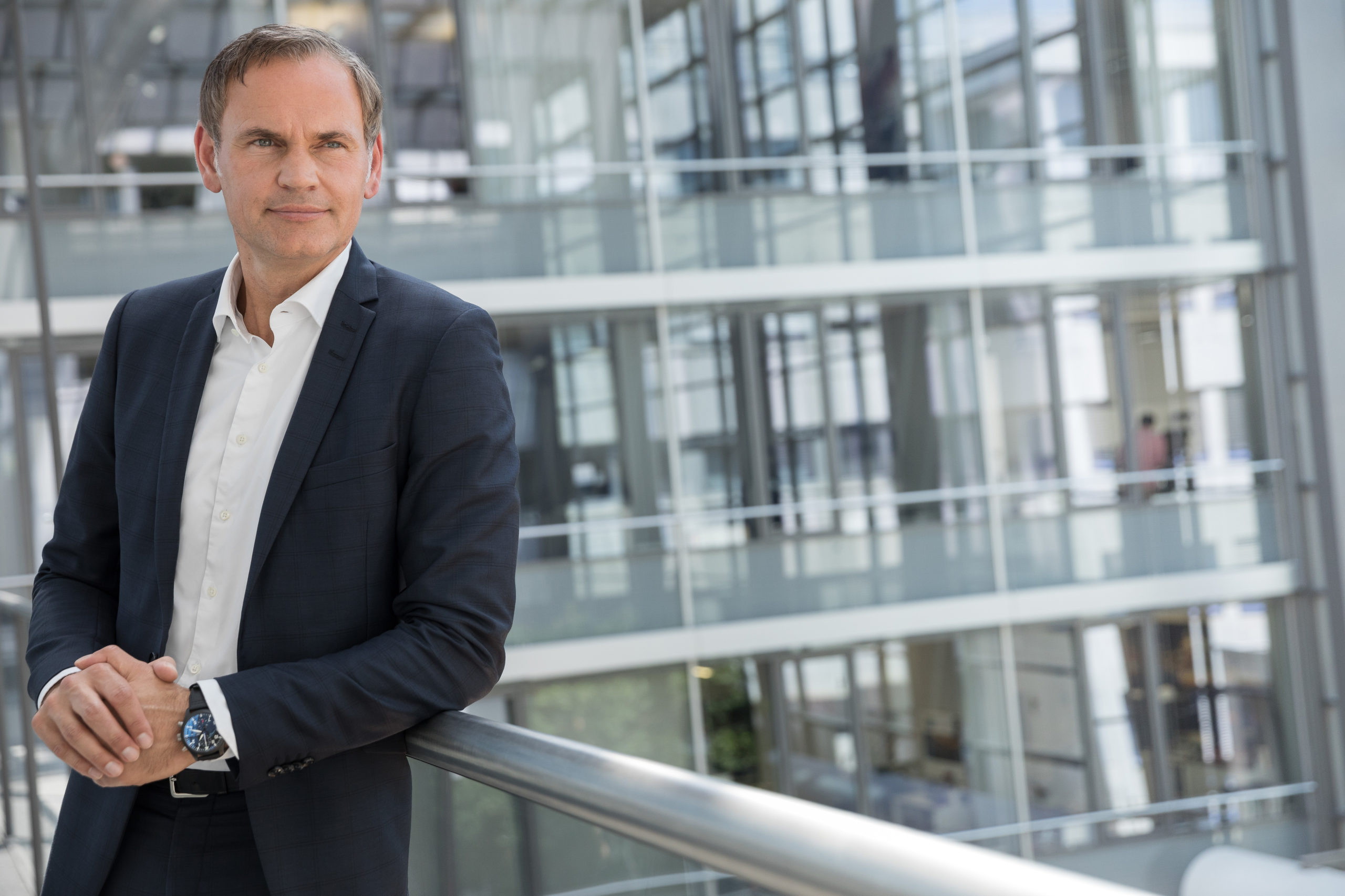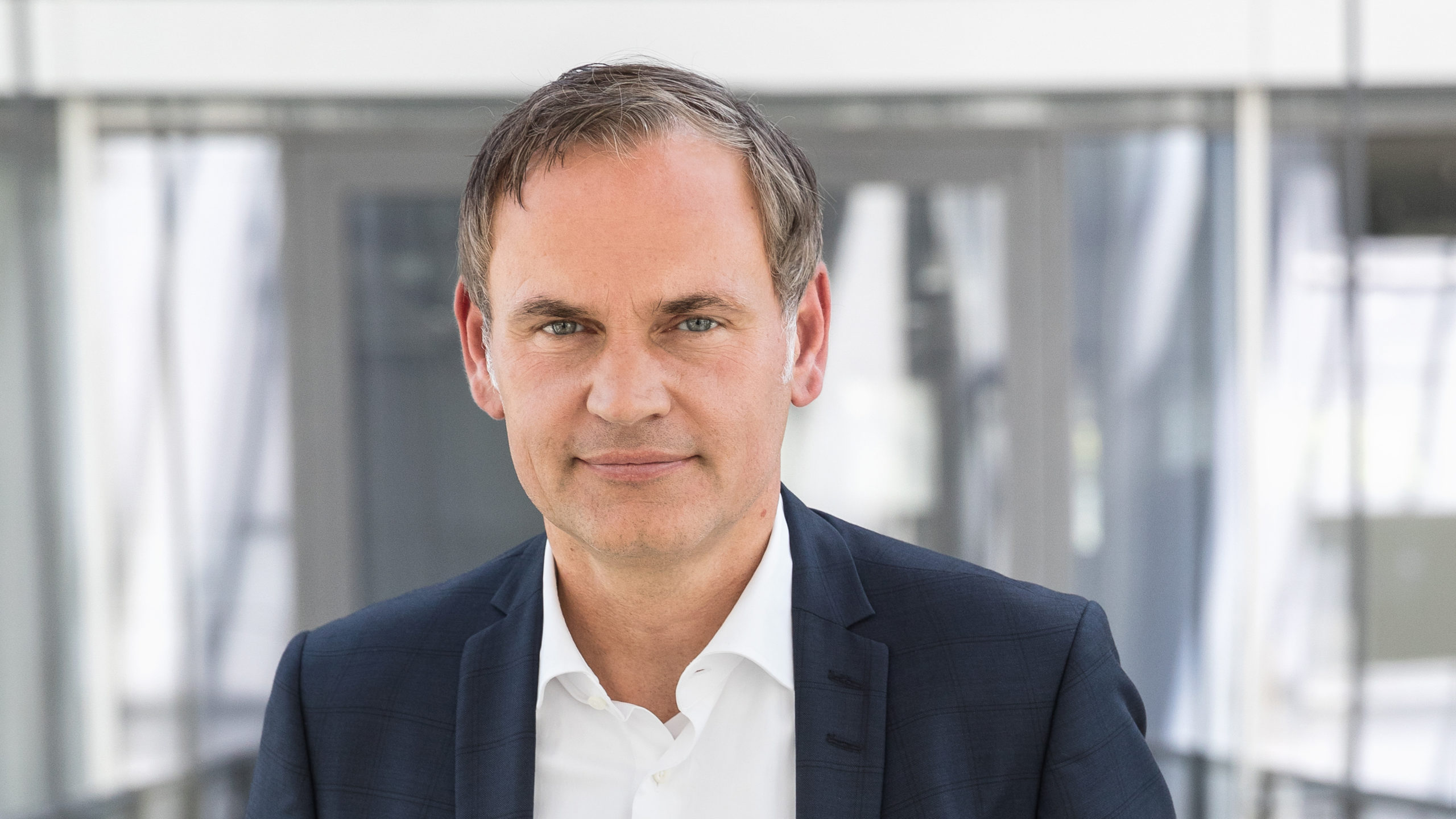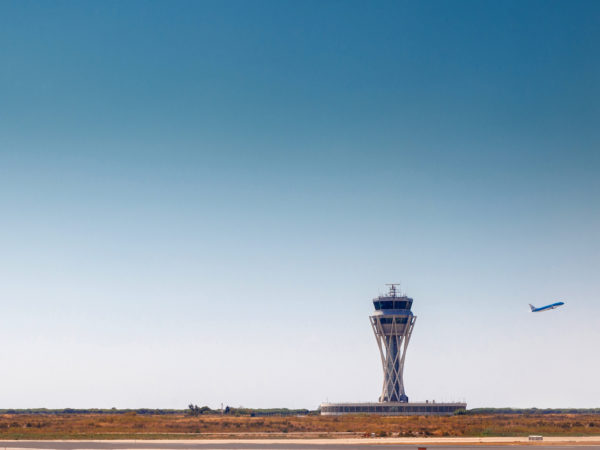“Times like this produce dreams”
Interview: Porsche CEO Oliver Blume on social responsibility, focusing on essentials, and optimism.

Mr. Blume, the coronavirus pandemic has taken governments, economies, and society at large by storm and is dictating new rules—for Porsche as well. What are you using for guidance during this time?
Oliver Blume: We’re being guided by the central values of our Porsche culture. More than ever, what we want to do is work for the benefit of society and our fellow human beings. We want to take care of each other and take responsibility –like in a family. These values extend beyond our factory gates. Right now we’re concentrating on where we as a company can be of help. For example, experts from our two consultancies, Porsche Consulting and MHP, have been supporting crisis management teams for the states of Baden-Württemberg and Saxony over recent weeks and were instrumental in procuring personal protective equipment from China. We’ve also been encouraging our employees to do volunteer work, and we’re sending donations to charities around the world. That’s all part of how we view ourselves as a company.
Should companies in general play a greater role in government affairs, like Porsche has done in procuring PPE for healthcare personnel?
Blume:Porsche has a long history of promoting non-profit initiatives. Solidarity and social responsibility are just part of what we do. This crisis affects everyone, and government, businesses, and the public are all called upon to contribute. I am confident that we will deal with the situation successfully by working together. And it’s experiences like this that can have a lasting effect on our society—to everyone’s benefit.
You mentioned taking a family-like approach—but the Porsche family has more than 35,000 members. That’s a lot of responsibility for an executive board when we’re talking about something as crucial as keeping people healthy.
Blume: Our goal is to get through this critical period in a systematic and responsible way. That includes how we responded very early on. As soon as we saw what the virus was doing in China, we convened a council of experts at Porsche. This council is monitoring the situation around the clock, and has been making quite a few decisions. Our highest priority is always on protecting the health of our employees. This means that everyone who can work at home does so. Our conferences are held online, and business trips are cancelled. The few exceptions are absolutely necessary. And for these, whoever returns from an international flight has to self-quarantine for two weeks. We make no compromises in this regard. The health of our community is of paramount importance.
You don’t turn your back on long-time partners.
Porsche Consulting on the crisis management team
The pandemic appeared quickly, giving the crisis management team no time to practice.
Blume: Each individual team member immediately had to set his or her internal compass on handling this problem. And I’m proud to say that it worked without a hitch. My colleagues are doing outstanding work. The crisis management team met daily. The executive board held special sessions every other day. Together we discussed hundreds of questions. Like where will we locate the disinfectants for our employees? How will we change the serving procedures at the cafeterias? After stopping production at our plants in Zuffenhausen and Leipzig, what will we do to start it up again? What steps are needed before desk workers can return to their offices?
What decisions were especially hard?
Blume: At first we planned to stop production for only two weeks. But it ended up being six weeks. One of the reasons had to do with bottlenecks in the global supply chains. That was very painful. But we won’t be deterred: we’re looking ahead and want to get back up to speed as soon as the crisis is over. I see major opportunities for Porsche in the future. Over the last few years we’ve launched a huge product campaign, including the Taycan at the end of 2019. It gives us a superb foundation to build on.
The coronavirus has triggered a lot of discussion about the stability of global supply chains. Does the automotive industry have to change course and have its components produced locally instead of overseas?
Blume: Right now we’re concentrating on essentials. For the supply chains, that means thinking about which transport routes are really necessary, and how we can reduce complexity in our logistics. Porsche will end up being even more robust in this regard. At the same time, we’re also looking at the big picture and asking ourselves how sustainable our supply chain is. To answer this question our corporate group has developed a rating system for suppliers, which includes both environmental and social criteria. It is part of the evaluation process for awarding contracts.
Porsche has a tradition of maintaining close partnerships with its suppliers, starting in the development stage. How will these relationships change in the future?
Blume: When difficulties arise, you don’t just turn your back on long-term partners. That too is part of our culture at Porsche. Our suppliers know that they can count on Porsche to be a dependable partner. The message we’re sending is that we’ll get through this together.
The pandemic landed smack in the middle of the automotive industry’s shift toward electromobility. Will the coronavirus pull the brakes on this transition?
Blume: Absolutely not. We’ve been pursuing a clear and sustainable product strategy at Porsche for years now. We’re going to keep following this path. Not only that—I think this crisis will sharpen our awareness for a lot of things, and that we’ll be seeing a marked increase in the preference for electromobility. Many people are already putting more thought into what makes life worth living. I anticipate an even greater concentration on low-emissions technology. That’s one of the reasons we’re continuing to invest a lot of resources into future-oriented technologies.
So you aren’t putting the big topics of sustainability and digitalization on hold?
Blume: No, we’re sticking to our CO2 targets and not budging from our sustainability strategy. We’re receiving expert advice on this. Over the next five years we’ll be investing 15 billion euros in areas like electromobility, sustainable production, and digitalization. The coronavirus will not change this in the slightest.

Now is not the time for debates on principles.
Porsche has been posting record sales now for years. Over the past five years, results have risen by more than 60 percent. What are the chances of getting back on this track soon?
Blume: General economic and policy considerations will continue to pose challenges over the next several months. We’re gearing up for them at Porsche. That includes taking steps to increase our efficiency. Over the longer term we’ll be moving into new profitable business fields. And we’re continuing to pursue our strategic goal of a 15 percent operating return on sales.
How long do you think it will take for the overall economy to recover?
Blume: We don’t yet know what the actual effects of the coronavirus pandemic will be—either for Porsche or for business and society at large. The task at hand is to jump-start the economy. We’re facing an economic crisis and have to prevent a downward spiral. Now is not the time for debates on principles. We need to focus on the economy and take action promptly; otherwise, time will work against us.
What makes you confident about the future?
Blume: The optimism I see in so many people as they go about their work. Everyone is focusing on the essentials, and supporting each other. And it’s times like this that produce dreams and needs. There might even be a greater need for sports cars when the crisis is over—that at least would be my wish.
